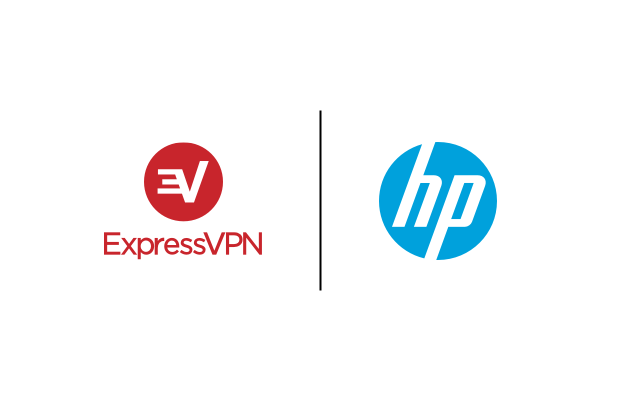
Cryptocurrencies
have been on the scene for a while now, and we have bitcoin to thank for
ushering in this golden age. In about a decade, we have seen a massive surge in
the price of bitcoin, making it one of the most
valuable assets of all time – at the time of this writing, that
is.
With the rise in
the value of cryptos, though, came a more dedicated team of organized hackers
who would do anything to get their hands on your login details. This makes it
important to take extra measures to ensure your security – and the HP Sceptre
x360 13 promises to make that happen.
Why the HP Sceptre x360 13?
Normally, you
would be convinced to buy a laptop just because of the cutting-edge tech that
it brought on board. For one, that is not an issue with the HP Sceptre x360 13
which packs quite the punch.
But then, that is
not what we are interested in today. We are, rather, interested in the security
profile that this unit packs.
The launch of this
device revealed that HP had
partnered up with ExpressVPN – one of the leading VPN service
providers in the world – to offer the latter company’s software on the unit
right out of the box. Users also get a free trial period to see what the VPN
does before they commit financially.
Given that laptops
and computers used to come preinstalled with just antivirus software, it
becomes important to consider why a VPN must have been thought necessary. The
reasons are not far-fetched though:
● Masking
IP addresses – When hackers
want to track your online activity, they usually need your IP address for that.
A VPN thwarts that attempt by assigning you a different IP address whenever you
connect to the internet. This means every time you do connect to the web; it
looks like a clean slate to the hacker. Since they cannot link the multiple IP addresses to you, they have no way of
coming up with a comprehensive dossier with which they could have otherwise
hacked you.
● Obfuscating
Traffic – Besides hiding your
IP address, VPNs will also tunnel your internet data so much that anyone on the
outside doesn’t get to see it. Rather than having internet data from your
computer (source server) flow to the website/app you are trying to access
(target server) via open channels, it does so via a secure tunnel instead.
Thus, this data moves between you and the target server without intrusion.
● Bypassing
censorship – We know that some
countries are not fully behind cryptocurrencies yet, and that is a severe
limitation for the crypto enthusiasts living in such places. VPN access makes
it possible to connect to another region of the world where the crypto is
supported so you can carry out your activities without hassle.
●
Encrypting networks – Many network providers make available just the basic
encryption or none at all. Speaking of which, public Wi-Fi
networks are guilty of this. Using
such unencrypted networks expose all of your internet data – from your wallet
address to the login details – to a hacker snooping in on you. That is not
mentioning the malware which could be installed onto your device via these unencrypted
networks. With most VPN providers using 256-bit protection protocols these
days, it would literally take hundreds of years for a hacker to break through
the security barrier that these VPNs give you.
Besides the
inclusion of a VPN, HP does one more in the privacy section. With users
increasingly sceptical about the safety of their webcam and microphones, the
company has added a couple of treats in both departments.
On the one hand, a
simple kill switch for the webcam removes all electrical functionality from the
unit when it is not in use. So, not only is the webcam not active, but it could
be completely disabled.
The keyboard also
comes with a dedicated key to mute the microphone, taking it out of the
electrical setup of the laptop too. There is no need to tape something over the
webcam anymore when you could just toggle that on or off.
No comments:
Post a Comment